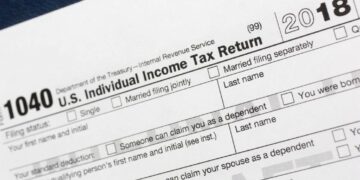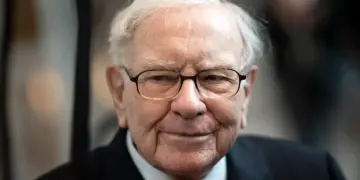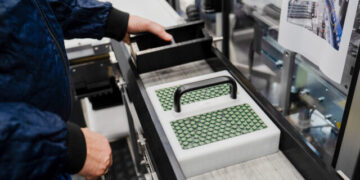
By Mike Colias. Media: Wsj
Ford Motor F 1.50%increase; green up pointing triangle is canceling plans for a large electric sport-utility vehicle and expects to take $1.9 billion in related special charges and write-downs, as automakers continue adjusting their EV plans because of softer-than-expected demand.
The Dearborn, Mich., automaker this spring said it would delay plans for an electric three-row SUV by two years to a 2027 release date. On Wednesday, the company said it is scrapping the model altogether, citing tough pricing pressure as automakers resort to aggressive discounts to move their EVs.
Ford instead will offer a hybrid gas-electric version of a future large, three-row SUV, a popular vehicle category that includes the brand’s Explorer and Expedition nameplates.
The company also pushed back the launch of a new electric pickup truck by one year, until 2027. In addition, Ford said it would trim its capital spending on fully electric vehicles to about 30% of its budget, from 40%.
“Based on where the market is and where the customer is, we will pivot and adjust and make those tough decisions,” Ford Chief Financial Officer John Lawler said.
Ford has said its EV business is on pace to lose about $5 billion this year. Executives have said the company is trying to reduce those losses on its current EV lineup while making sure future offerings turn a profit.
Carmakers are trying to strike a tricky balance on electric vehicles. Tougher tailpipe-emissions rules, along with the rapid rise of Chinese EV makers, are pressuring them to invest in the technology. But consumer interest in EVs has waned after a burst of enthusiasm.
For example, while Ford is recalibrating its plans to include more hybrids, it also is moving ahead with the rollout of several full EVs. It will start making an electric commercial van in 2026 and two new pickup trucks a year later.
One of the trucks will be a midsize pickup, built using a new, lower-cost EV system that has been under development for nearly two years by a team of about 100 Ford engineers in Irvine, Calif. Led by former Tesla executive Alan Clarke, that project is designed to produce several electric models that Ford says will be profitable and allow the company to compete with Chinese EV makers.
Ford Chief Executive Jim Farley has said that China’s EV companies have the advantage of a lower-cost supply chain and that Ford needs to find ways to lower its own costs to compete.
“We believe that the fitness of the Chinese in EVs will eventually wash over our entire industry in all regions,” Farley told analysts last month.




























































































Discussion about this post